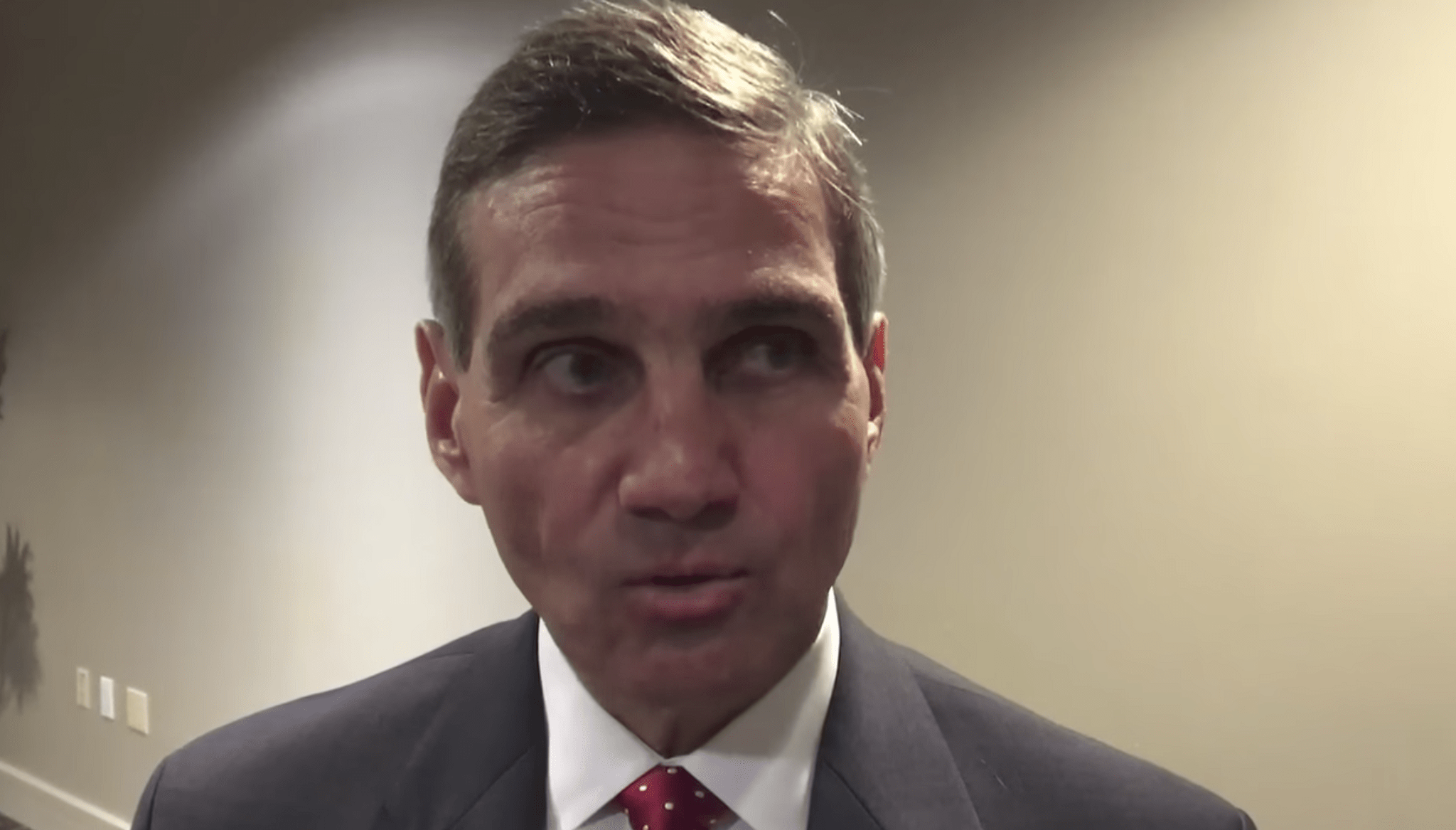The Trials of Leon Cannizzaro
Leon Cannizzaro faced off against the New Orleans City Council this past Wednesday. What began as a request for the council to restore $600,000 in funding to the District Attorney’s office turned into a referendum on Cannizzaro’s punitive tactics and general lack of concern for people’s constitutional rights. He’s been written about before for harassing defense attorneys, threatening eyewitnesses […]

Leon Cannizzaro faced off against the New Orleans City Council this past Wednesday. What began as a request for the council to restore $600,000 in funding to the District Attorney’s office turned into a referendum on Cannizzaro’s punitive tactics and general lack of concern for people’s constitutional rights. He’s been written about before for harassing defense attorneys, threatening eyewitnesses who change their testimony with perjury charges, and ignoring compelling cases of actual innocence.
Cannizzaro’s overall budget is about $15 million, one of the highest prosecutor budgets in the state of Louisiana. Cannizzaro has long bemoaned his office’s budgetary restraints, arguing that they detract from his office’s ability to do its job. This year, the City Council reduced Cannizzaro’s budget by $600,000 (about 5% of his budget), an amount that last year had mostly gone to a Conviction Integrity Unit that Cannizzaro voluntarily disbanded after failing to exonerate a single person. The meeting on Wednesday turned into what seemed like a referendum on Cannizzaro’s effectiveness.
New Orleans City Councilman Jason Williams was one of the people most critical of Cannizzaro.
“We don’t want to be embarrassed by The New York Times, Washington Post, other national media, who think that we’re running some kind of southern-fried, backwoods operation that is putting rape victims in jail and sending out fake subpoenas,” he said, referring to recent news reports and a report by Court Watch revealing that Cannizzaro had been jailing raping victims and issuing fake subpoenas.
The City Council also brought up, with disapproval, the fact that Cannizzaro send more youth to the adult system than other prosecutors in Louisiana. “We need the DA’s practices to come into the 21st century,” one Council member said.
The latest scandal, reported by Charles Maldonando at The Lens, is a fake subpoena allegedly used to pressure a teenage molestation victim to testify. The documents in question, which purported to be valid legal documents but were not, threatened criminal sanctions if the recipients failed to meet with prosecutors for an interview. (While prosecutors can compel witnesses to appear and testify, they must get a judge to sign off. These papers did not.) The Southern Poverty Law Center filed a complaint about this issue against Cannizzaro’s office.
Cannizzaro, for his part, whined about the budget cut, saying that it would impact victims and their families. Every year since 2011, he has complained about his budget, saying it has caused him to move misdemeanor cases out of municipal court and that it is a reason behind the city’s crime rate. This is part of a larger war Cannizzaro has been waging against city officials — including Mayor Mitch Landrieu — who are increasingly weary of Cannizzaro’s mad-dog tactics.
In June, Cannizzaro penned an op-ed where he blasted Landrieu for failing to understand his office’s “aggressive enforcement strategy,” which Cannizzaro argues is appropriate. He also attacked Williams, his main critic during Wednesday’s meeting. Cannizzaro argues, and continues to argue, that his office needs money to be as aggressive as possible.
It is telling that the New Orleans City Council is now able to see through Cannizzaro’s fear-mongering tactics and appreciate that charging more people and sending more people to prison is not tackling the real challenges the city faces.
Note: A request for comment to Cannizzaro’s office went unanswered.
